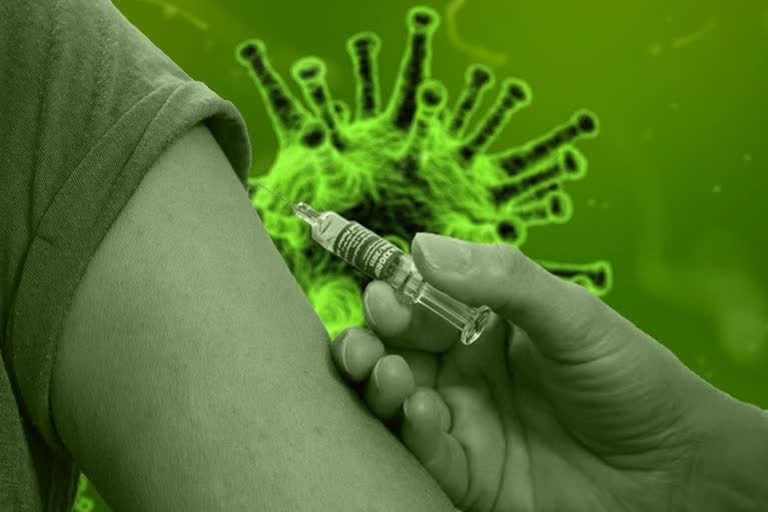Hyderabad: At a time when the world is grappling with the coronavirus crisis, new research from Emory University stipulate that nearly all people hospitalized with COVID-19, develop virus-neutralizing antibodies within six days of testing positive.
The test that Emory researchers developed also could help determine whether convalescent plasma from COVID-19 survivors can provide immunity to others, and which donors' plasma should be used.
Antibodies are small proteins created by the immune system in the process of fighting off disease and develop days after a person has been infected and can potentially help a person build immunity to protect against being re-infected.
Read: WHO warns against using hydroxychloroquine outside clinical trials
Dr Mehul S Suthar, co-lead author and assistant professor of paediatrics at Emory University School of Medicine and Emory Vaccine Center, said that these findings have important implications for the understanding of protective immunity against SARS-CoV-2, the use of immune plasma as a therapy, and the development of much-needed vaccines.
"Very few research teams have done this – looking at neutralizing antibody responses from people who are currently in the hospital. This study provides a snapshot of the immune response as it is happening, not after the battle is over," said Dr Suthar.
In the study, researchers looked at antibodies against the receptor-binding domain, part of the spike protein on the outside of the virus.
Read: India is giving a strong fight against COVID- 19: IMA
The RBD is what grips on to human cells and allows the virus to enter them. The researchers focused on antibodies against the RBD because the sequence of the RBD in SARS-CoV-2 distinguishes it from other coronaviruses that cause the common cold.
The study’s co-lead author Dr Jens Wrammert, assistant professor of pediatrics at Emory School of Medicine, said that the information about RBD-specific antibodies helps inform vaccine development since scientists could test the blood of vaccine study participants for the RBD-specific antibodies, as a gauge of predicted efficacy.
Read: China, WHO launch charity fundraising programme to fight Corona
It also helps determine the potential best uses of convalescent plasma from the blood of people sickened with COVID-19.
The initial 44 patient blood samples used in this study were from patients being treated for COVID-19 at Emory University Hospital and Emory University Hospital Midtown.
It is to be noted that the Marcus Foundation provided a game-changing contribution toward developing the high-throughput test and was a key factor in how quickly the labs were able to process samples.
Also Read: India supports move at WHO to seek origin of coronavirus



